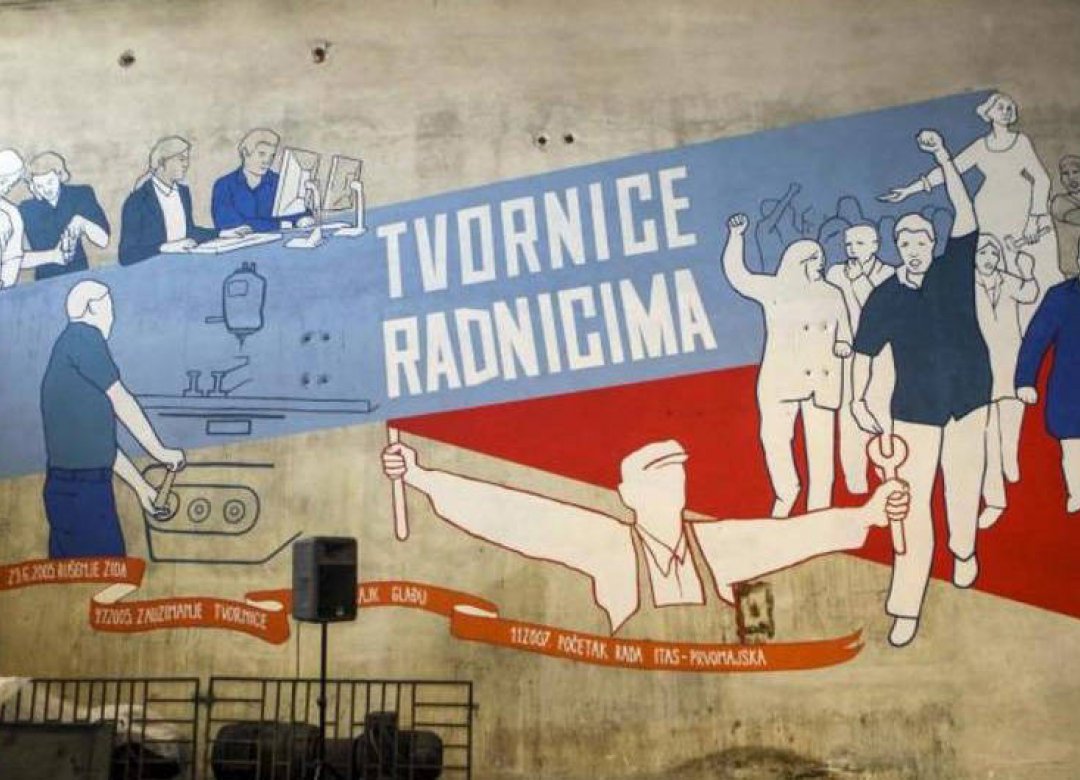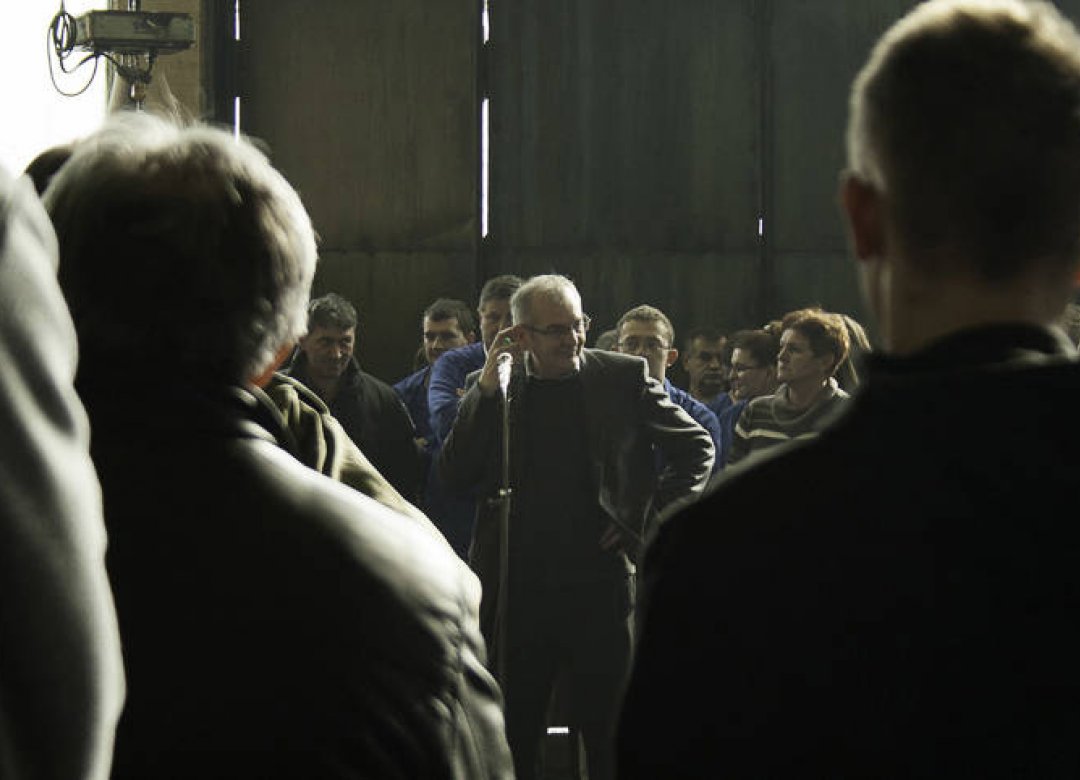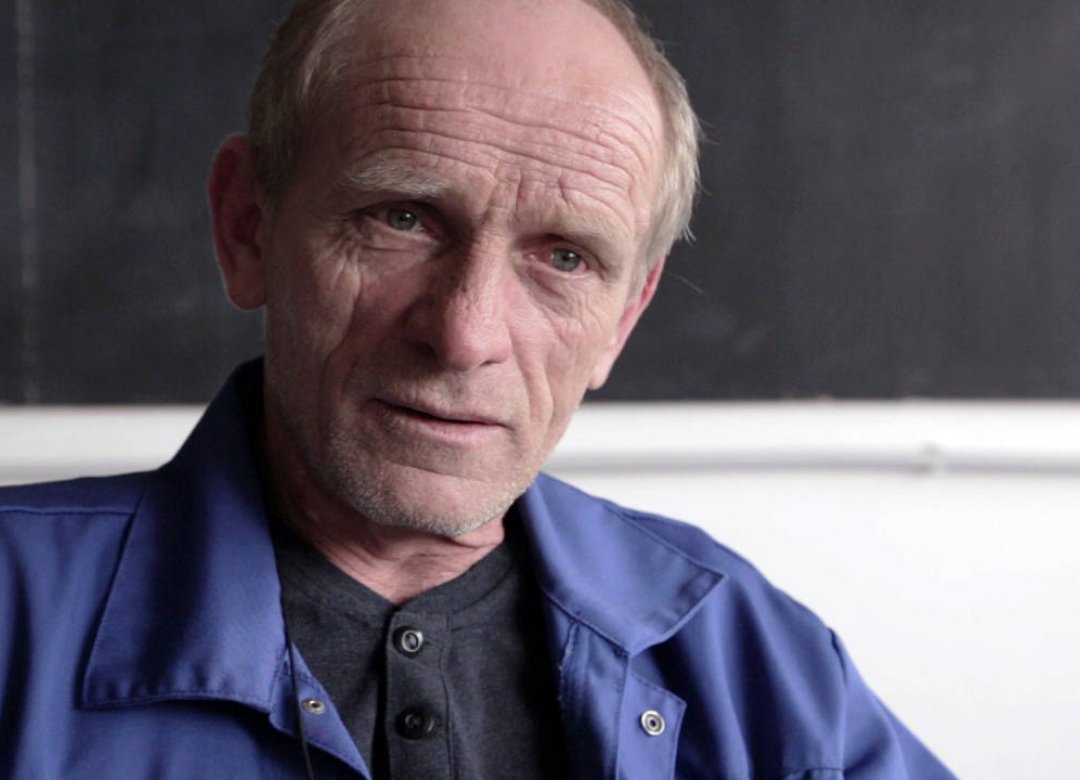Synopsis
After the Second World War, Yugoslavia turned to the West and developed its own socialist model characterized by introducing social (workers') ownership of means of production. This process was called workers’ self-management. In the early 1950s, all companies in Yugoslavia became socially owned enterprises. This made Yugoslavia the only country in the world whose workers (at least in principle) owned the means of production – they owned tools, machines, and factory halls. They also controlled administration and its mechanisms. Today, 66 years later, companies or factories owned and controlled by workers can be counted on the fingers of one hand.
In the movie ‘Factory to the workers’, I explore today’s ITAS - Prvomajska factory, the successor to Prvomajska, once a world-renowned manufacturer of machine tools. In Croatia, ITAS - Prvomajska is the only example of a factory that was physically occupied and successfully defended by its workers. Ten years later, the factory is still open. It employs and regularly pays around 200 people and survives in the market. Even though workers have managed to drive out ITAS - Prvomajska’s private owners and have successfully restarted production, the factory finds itself at a crossroads.
In this film I am interested in finding out whether and under what conditions workers would want to take ownership of their labor. I am also interested in whether the workers' shareholding model could actually function in the current market, or if it’s just a utopian relic of the past. Will the planned ITAS restructuring succeed and at what price? If the workers achieve their goal, how will they run the factory practically?
In the movie ‘Factory to the workers’, I explore today’s ITAS - Prvomajska factory, the successor to Prvomajska, once a world-renowned manufacturer of machine tools. In Croatia, ITAS - Prvomajska is the only example of a factory that was physically occupied and successfully defended by its workers. Ten years later, the factory is still open. It employs and regularly pays around 200 people and survives in the market. Even though workers have managed to drive out ITAS - Prvomajska’s private owners and have successfully restarted production, the factory finds itself at a crossroads.
In this film I am interested in finding out whether and under what conditions workers would want to take ownership of their labor. I am also interested in whether the workers' shareholding model could actually function in the current market, or if it’s just a utopian relic of the past. Will the planned ITAS restructuring succeed and at what price? If the workers achieve their goal, how will they run the factory practically?
Gallery


